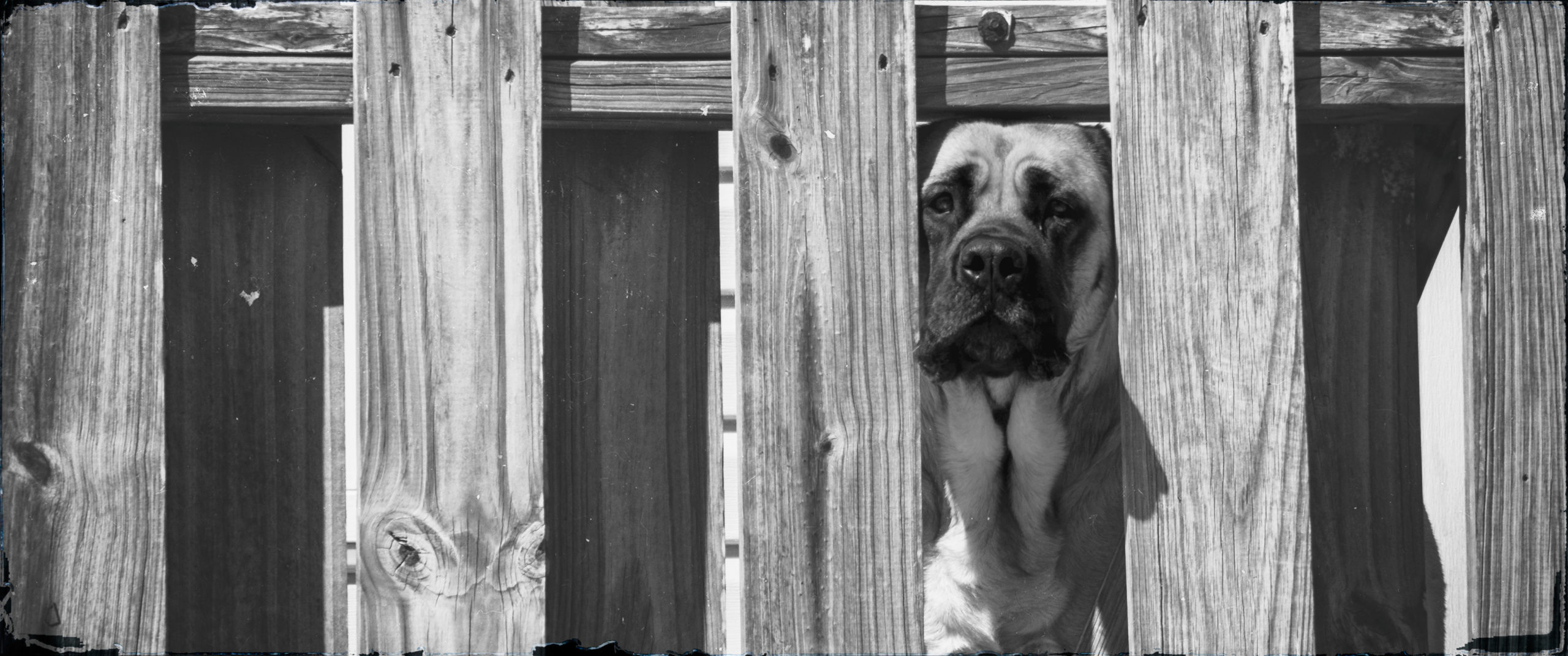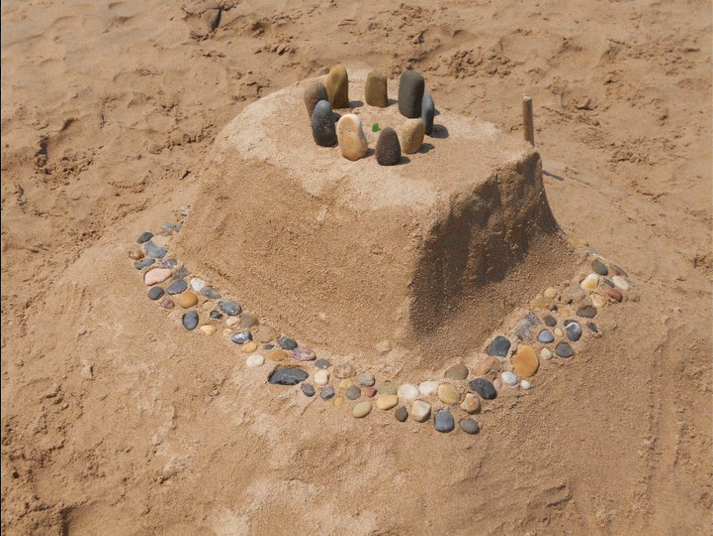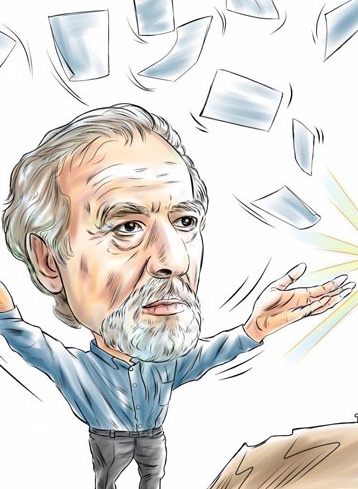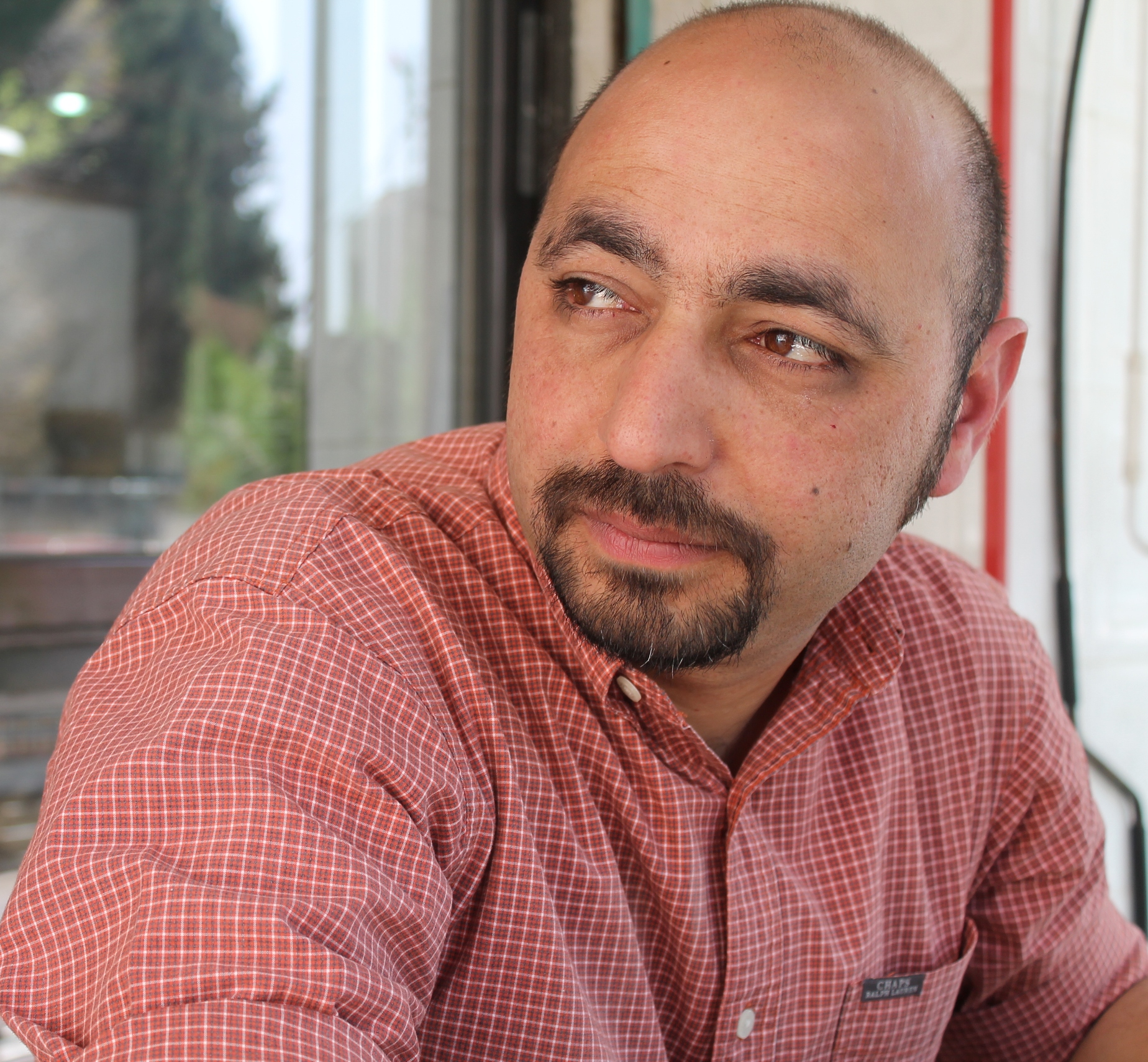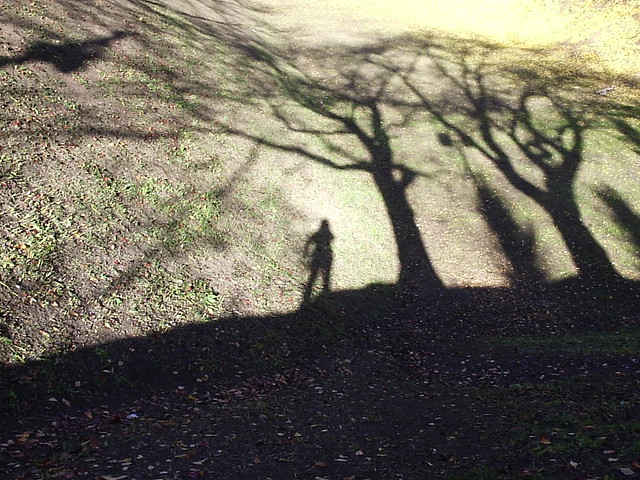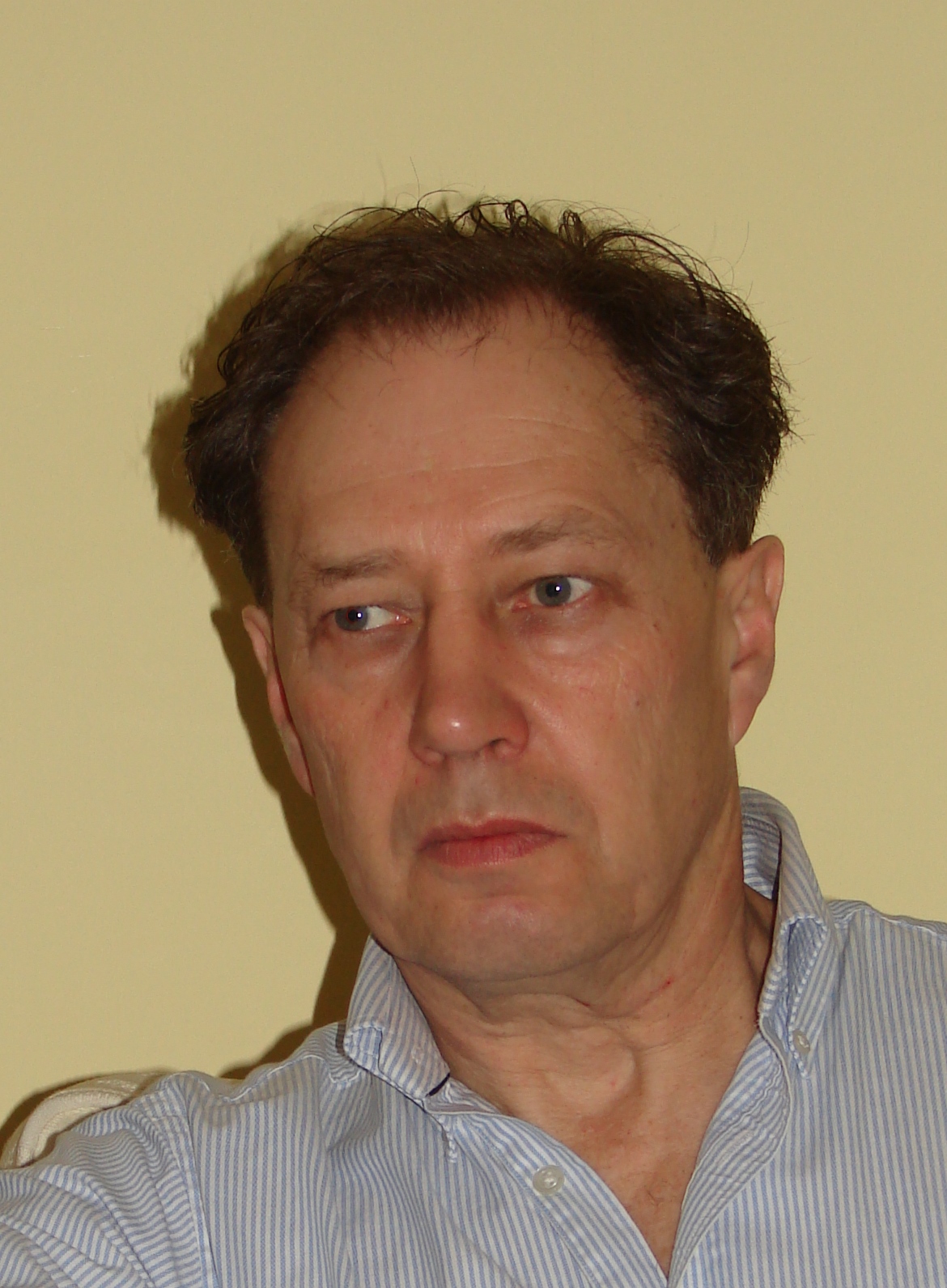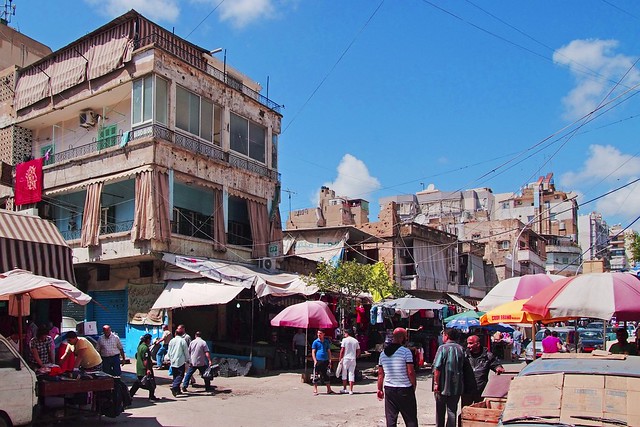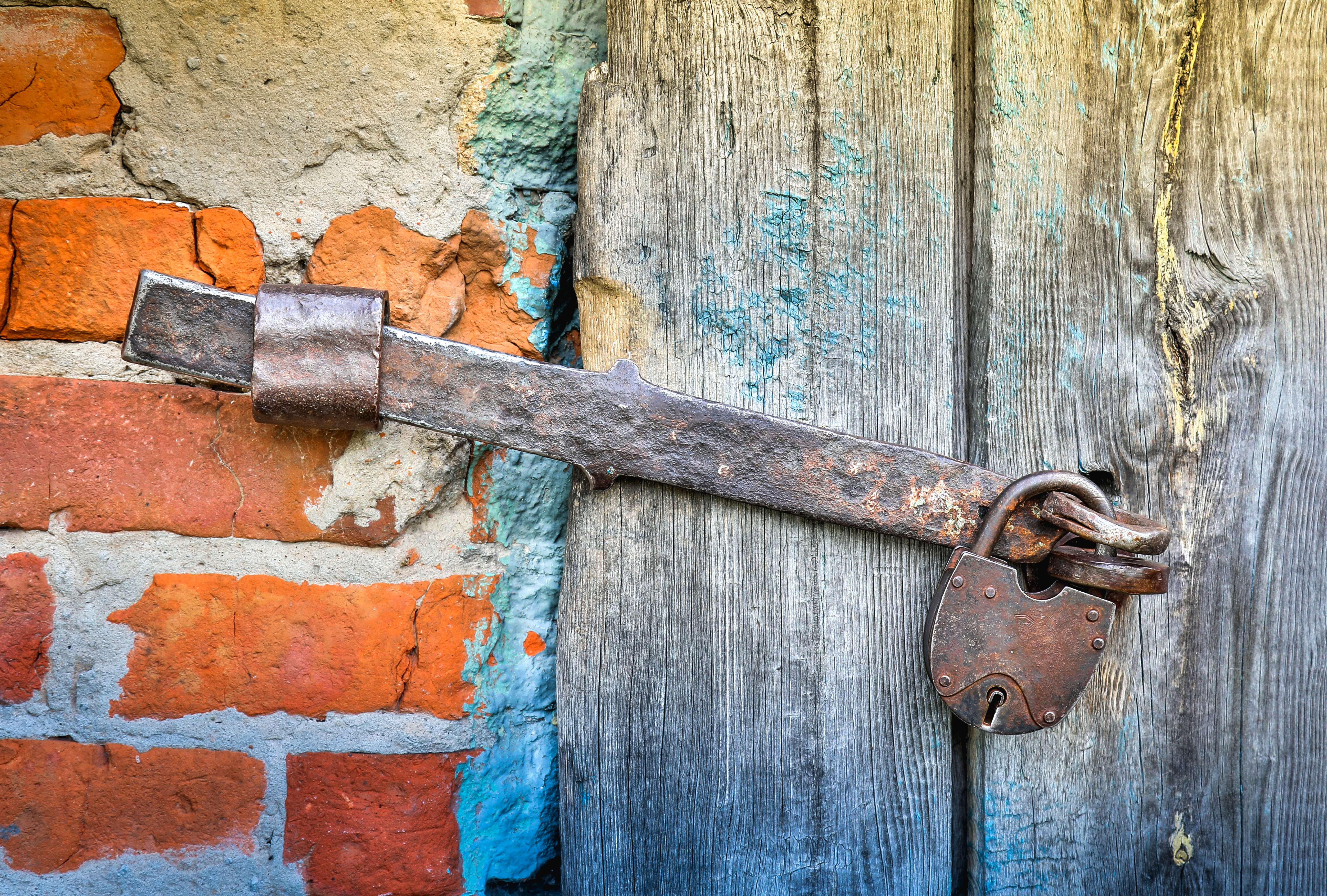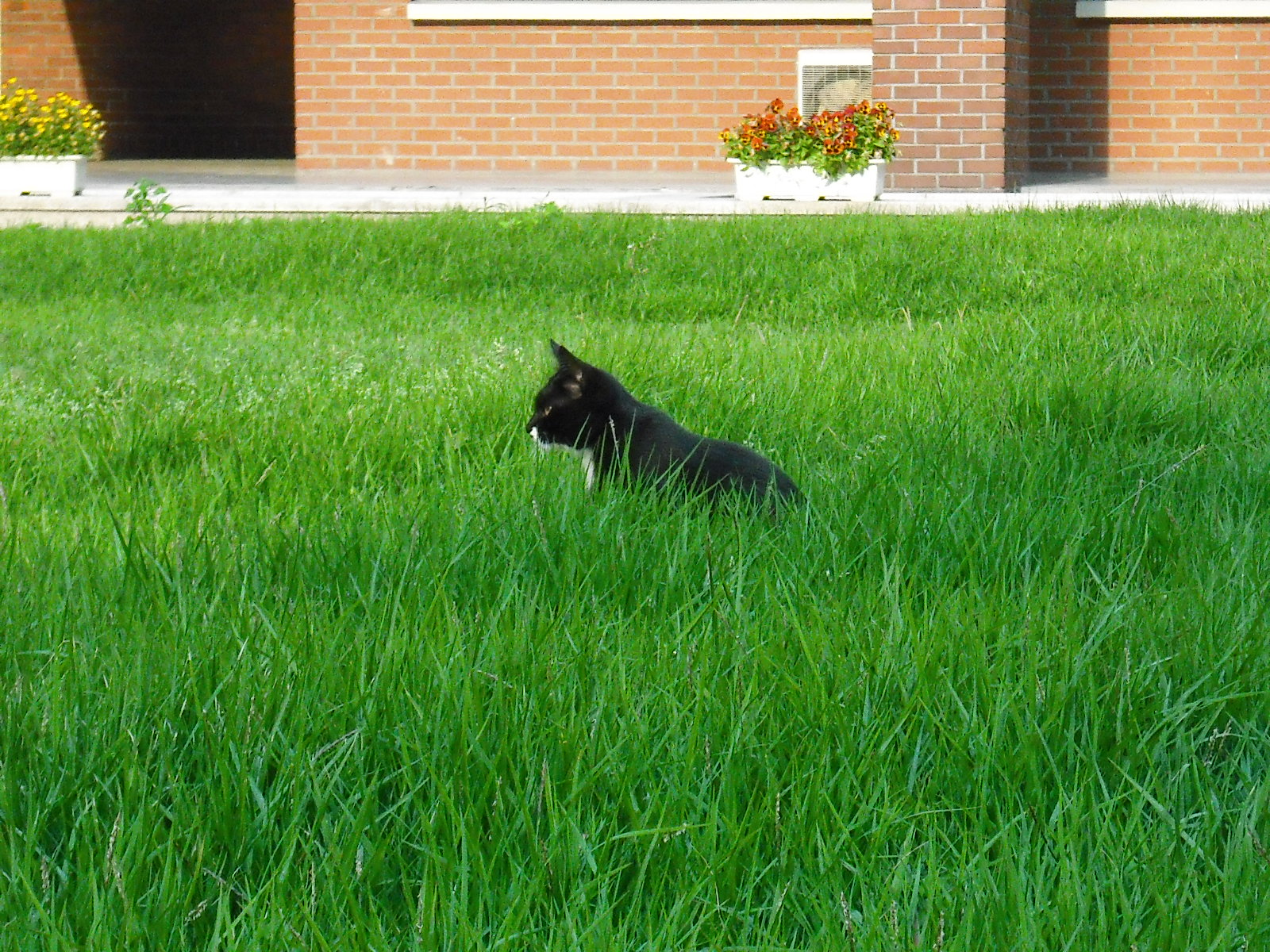By JAMAL ALDIN ALI ALHAJ
Translated by JONATHAN WRIGHT
It was early in the night, and the village was shrouded in darkness. The uneasy calm heightened the darkness, and he could hear the throbbing of the water pumps all the more clearly as they drew up the Nile water in concert with the moon, which kept out of sight on the grounds that the weather was poor. In this gloomy weather, which presaged an imminent storm, Humayda was battling the laws of nature all on his own.
He shook the reins and raised his whip to bring it down on his donkey’s back whenever he felt it wasn’t pulling the cart hard enough. The poor donkey looked as if it was pondering how it could ever pull the damned cart and where it would have to pull it to. Being away from home so long, beyond its usual working hours, also made the donkey somewhat confused. It began to twist and turn on itself. Its back leg held its body firm, like a stake stuck in the ground, while the donkey raised one front leg, anticipating digging it into the path to move forward.

